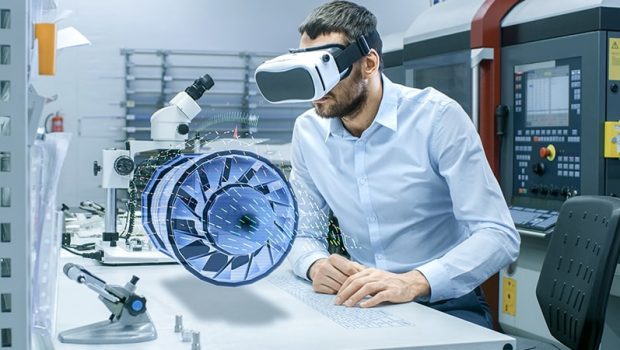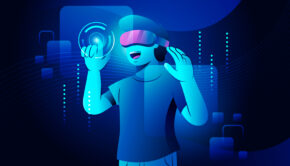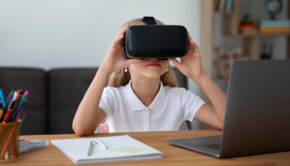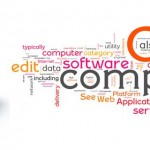Creative virtual reality uses businesses should consider
Lots of latest tech inventions has made massive bounds in recent couple of years and virtual reality is one of them. The great value added from VR and its sister technology AR (augmented reality) is limited to one’s imaginations as it can have an ultimate impact on every walk of life apart from its type. Not only in entertainment sector, but virtual reality can help almost all sort of businesses and companies by reducing their operational costs, improving operational efficiency and by increasing return on investments. We are seeing this technology as a pioneering and creative experience provided to the consumers of 21st century. Hire the top VR developers, such as VR 360, to transform your business into a success and help you better understand your dreams.
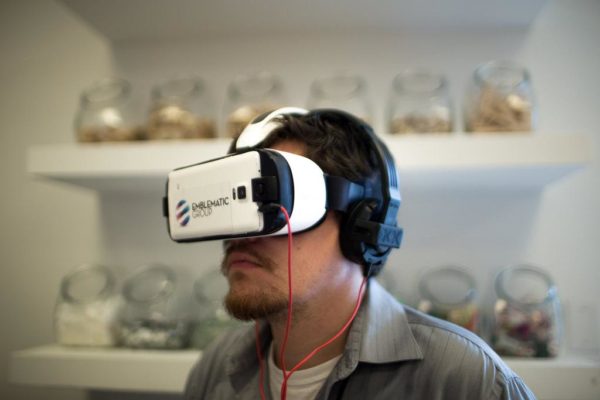
In this article, we will discuss main uses of the VR technology in business landscape and how value added to different businesses settings.
VR can impact every field of business
After the release of mainstream VR headsets recent years with an intention to improve the entertainment experience, acceptance of VR technology in business, is forecast to outstrip leisure use of the technology in years to come. It is said by experts that anything that can be done in this physical business world ranging from customer services to production, marketing and human resources management, all can successfully be simulated in virtual reality. Latest VR devices and solutions enable individuals to perform variety of their duties and tasks without being present at the workplace.
Practical Training Applications
As almost all business organizations and companies conduct several training programs and sessions to increase skills and traits of each employee, VR has not enabled the business settings and companies to create more effective and result driven training atmosphere while reducing the overall expenses. Such training program doesn’t require physical presence of attendees as they can attend the training by using Kiosk mode virtual reality. There will be no need to arrange physical training environment and other equipment or devices as they will all be stirred in the virtual training atmosphere.
Prototyping and design
Manufacturing department is another area of the business that can greatly impacted by the VR integration. Virtual Reality allows every element of a manufacturing process or mechanism to be simulated and tested effectively. Reliability and performance can easily be tested and examined in safe, quick and cost-effective manner. More and more manufacturing related businesses are taking VR on as VR-as-a-service to improve their operations and processes. A company can save its million bucks by eliminating the need of creating full-functional prototype by carrying out early exploration of ideas in VR. Moreover, architects are also using VR to present finished projects and concepts in front of the client so they can get a quick view of what a project will look like once completed successfully.
Virtual Conferences and Meetings
As is discussed above that businesses can conduct training via VR technology, arranging a virtual business meeting or conference is not a big deal too. Managers, workers and other concerns can easily connect to each other via Gear VR Sync headset and can interact effectively to get more done in less time even from the comfort of their offices.
VR and Customer Services
Virtual Reality comes with a variety of opportunities for every business to rethink and develop how they engage with customers. Whether it is marketing or customer services department, VR has a lot of options and possibilities for businesses to showcase their products and reach customers in best possible ways. The virtual world provides businesses with a huge amount of data obtained from customer behavior and interests that can be used to provide them with personalized customer services later on. instead of visiting the showroom or display centers, customers can see the virtual products to save time and efforts. For example, if someone wants to take a look at the features of a brand-new car or any other product, VR lets them to do it conveniently even without leaving bedrooms. VR technology also provides businesses with shopping heatmaps and other data cards that they can use in their marketing strategies and other processes to provide customers with personalized shopping experience.

